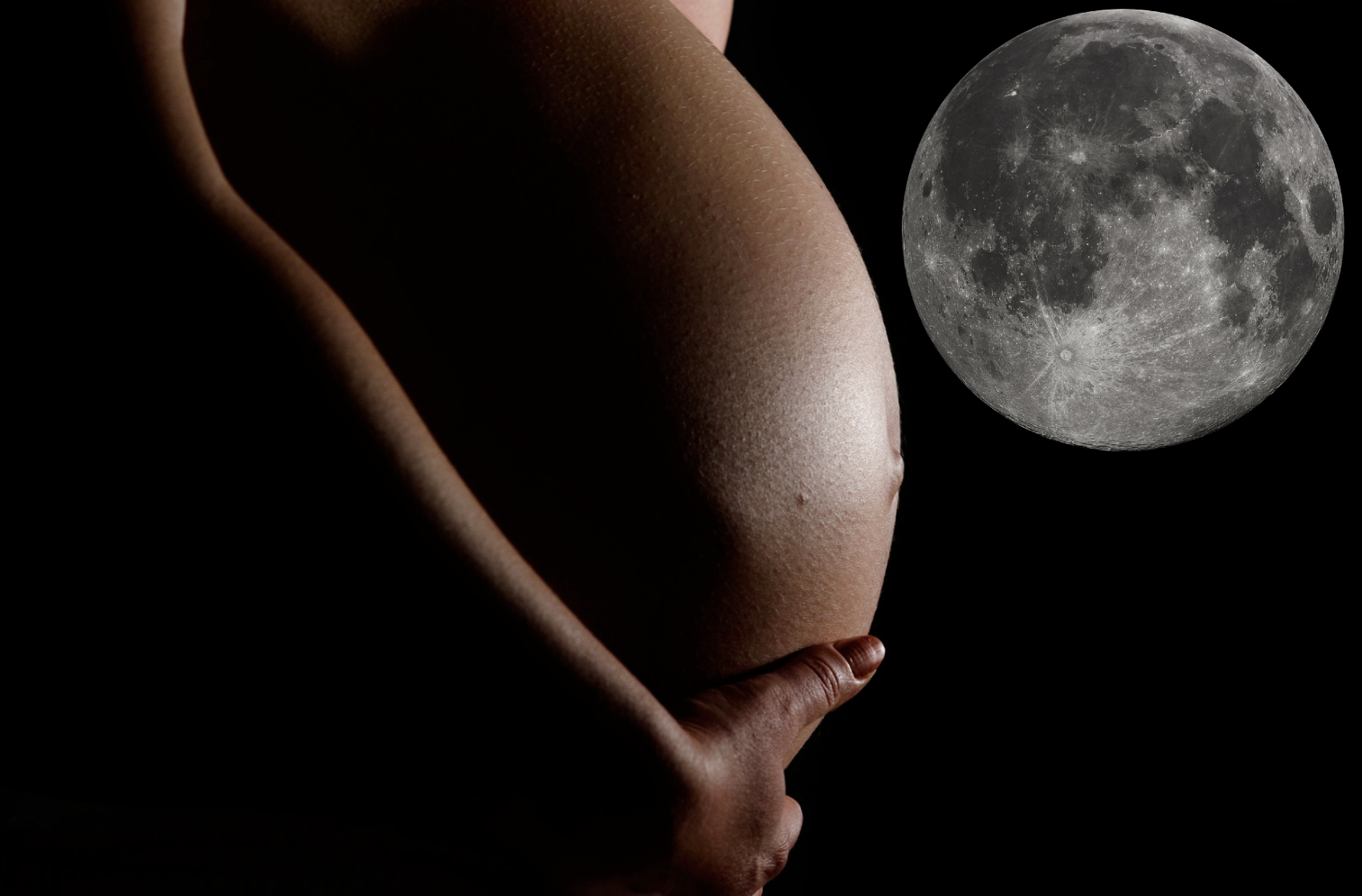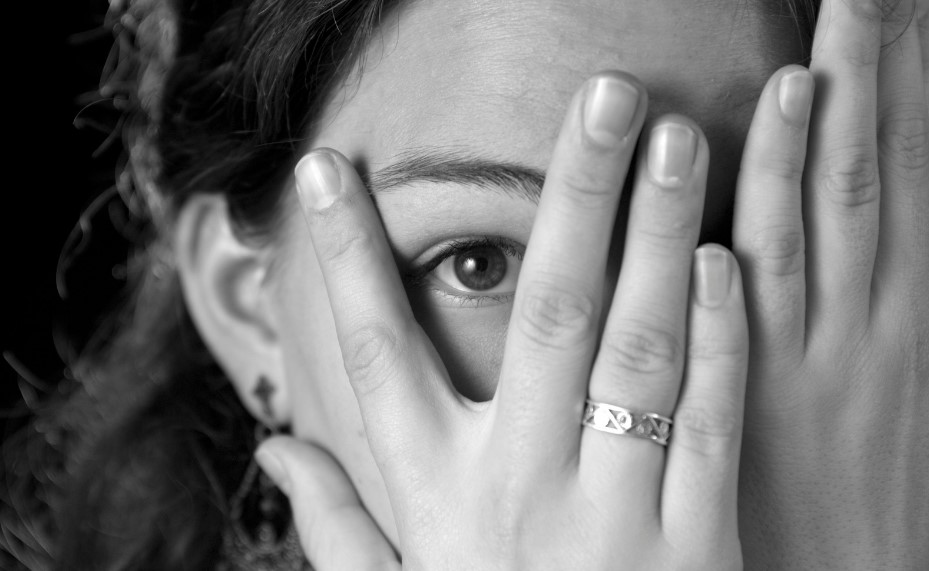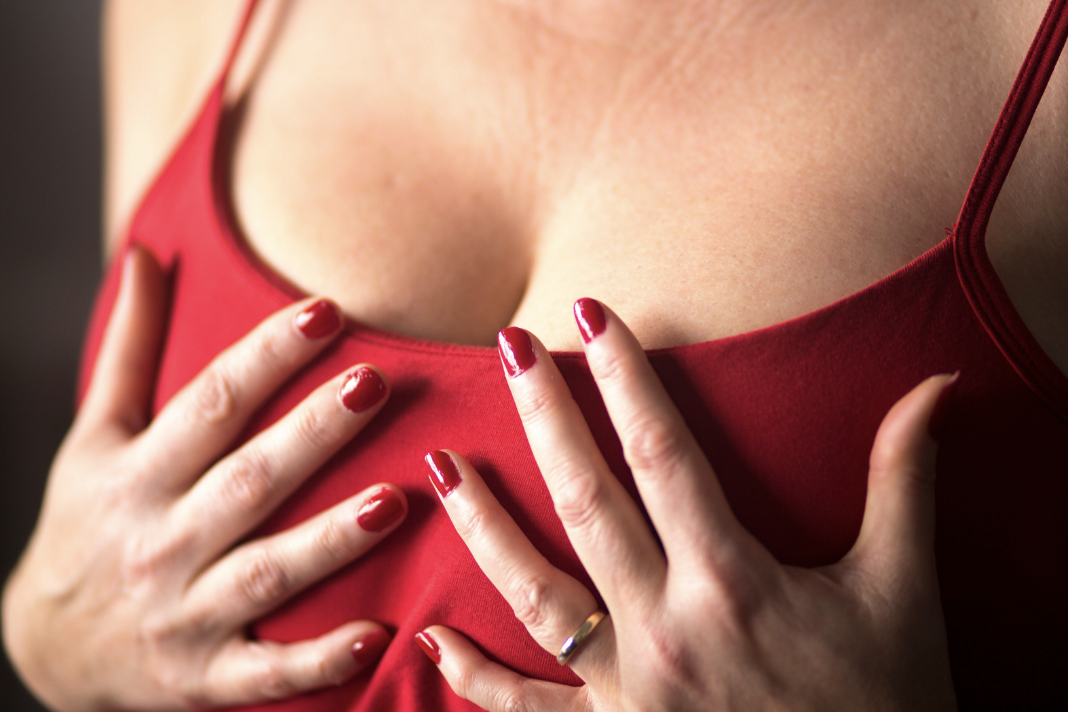
Alright, future Earth goddesses, grab your crystals, light some incense, and get ready to ride the lunar wave because Mama Moon is calling the shots in the delivery room! As a superstitious nurse (hint: all of us are), let me spill the celestial tea on how the full moon is about to turn your birthing experience into a cosmic spectacular.
First things first, let’s address the skeptics rolling their eyes – “Oh, come on, it’s just a rock in the sky!” Hold your horses, honey, because when that full moon glows, it’s like the universe tossing confetti and saying, “Let’s make this delivery unforgettable!”
Picture this: you, a glowing goddess, surrounded by celestial vibes and the undeniable energy of a full moon night. Suddenly, your contractions sync up with the moon’s gravitational pull, and it’s like Mother Nature herself is DJing your labor party. Coincidence? Nah, babe. It’s the moon’s way of RSVPing to your baby’s grand entrance.
Now, I’m not saying you need to break out the tarot cards or start chanting under the moonlight (unless that’s your thing – in which case, go for it, moon mama!). But let’s embrace the fact that the universe is throwing a party in honor of your impending bundle of joy.
Now, I know you’ve probably heard about the chaos that ensues during full moons – the wild deliveries, the unexpected twists, and the howling at the moon like it’s a postpartum karaoke night. But fear not, moon mama, because you’ve got a front-row seat to the celestial show, and your body is the star of the night.
The idea that more women go into labor during a full moon is a popular belief, but scientific evidence to support this claim is limited. While there are anecdotes and cultural traditions suggesting a connection between lunar phases and childbirth, the actual cause of labor onset is complex and multifaceted.
One theory proposes that the gravitational pull of the moon might influence amniotic fluid in the same way it affects ocean tides. However, the gravitational force of the moon on individual humans is very weak, and there is little empirical evidence to support a significant impact on the timing of labor.
Another perspective suggests that the increased brightness of the full moon’s light might affect melatonin levels. Melatonin is a hormone associated with sleep and circadian rhythms, and alterations in its levels could theoretically influence the timing of labor. Nevertheless, scientific studies exploring this connection have produced mixed results, and more research is needed to establish a clear link.
It’s essential to note that the human body and the process of labor are incredibly complex, involving a combination of hormonal, genetic, and environmental factors. While some women may go into labor during a full moon, others may not experience any correlation. Additionally, cultural beliefs and anecdotes can contribute to the perception that there is a connection between lunar phases and childbirth, even if scientific evidence remains inconclusive.
So, whether you’re a skeptic or a full-fledged moon worshipper, buckle up for the lunar labor ride of a lifetime. Let the moonbeams guide you, the contractions serenade you, and remember, darling, you’re not just giving birth – you’re birthing under the cosmic spotlight. May your labor be as fierce as a supernova and your delivery as smooth as moonlit silk. Shine on, moon mama, and let the universe witness your stellar journey into motherhood!



